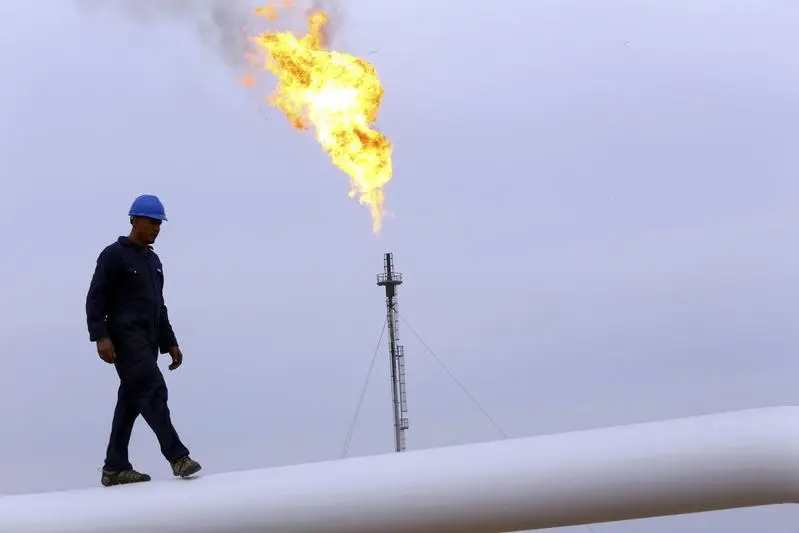PHOTO
Oil prices are unlikely to see any major increases in the coming two years as supply is expected to continue outstripping demand in the global markets, a senior oil expert said.
The prices of the vital commodity have fallen to record lows over the past three years. The steep decline started in 2014 on the back of a surge in production by shale oil producers in the United States. Oil prices went down to $24.12 a barrel in Kuwait in January 2016, from highs of above $100 per barrel in July 2014.
The drop badly impacted the economies of the Gulf countries that rely on oil revenues as a main source of income. Saudi Arabia, the Middle East’s biggest economy and the world’s top exporter of oil, reported a record budget deficit of $97.9 billion in 2015.
“I think it is really difficult to see how (oil) prices can climb very high next year or the year after,” Jonty Rushforth, a global editorial director at oil pricing agency S&P Global Platts told the media at a roundtable event held in Dubai on Monday.
The steep oil declines led members of the Organization of the Petroleum Exporting Countries (OPEC), which include Saudi Arabia, Iraq, Qatar, Kuwait and the United Arab Emirates, to decide to cut their production levels until March 2018, raising oil back above $50 barrel in 2017.
But according to Rushforth, supply is still outstripping demand.
“The market is looking for demand to soak up supply and, once it has done that, there is still more supply to come back to get soaked up,” he added.
Qatar
According to a Reuters report, the UAE last July planned to import its first oil cargo from the U.S. to substitute its supplies from Qatari condensate, by-product extracted from either natural gas or oil and used in the manufacturing of a petrochemical raw material called naphtha.
The UAE had halted its condensate imports from Qatar after it, along with Saudi Arabia, Egypt and Bahrain, severed diplomatic, transport and economic ties with Qatar in June. The four Arab states accuse Qatar of supporting terrorism, a claim Qatar denies.
Rushforth said the UAE’s move to import oil from the U.S is unlikely to become a long-term trend. “I will be very surprised to see a regular flow of crude oil out of the U.S. to the Middle East. The U.S. supplies generally are very fixable... (But) It is not what you would expect in terms of the persistent flow,” he said.
“We have seen a normalisation of Qatari crude flows into the international market. It is part of Dubai benchmark and is an important part of it. It is not my place to talk about regional politics, however [what] evolves in the future is obviously going to affect the flows and what you want to take where,” he added.
Dubai used to source its imports from liquefied natural gas (LNG) from Qatar via Royal Dutch Shell, one of the world’s top oil companies. But last June, following the eruption of the Qatari dispute, Shell sent a replacement cargo of LNG to Dubai from the U.S. instead of Qatar.
Qatar is a world’s top LNG producer. “I think the LNG question is obviously quite an important one for Dubai,” Rushforth said.
© Zawya 2017





















